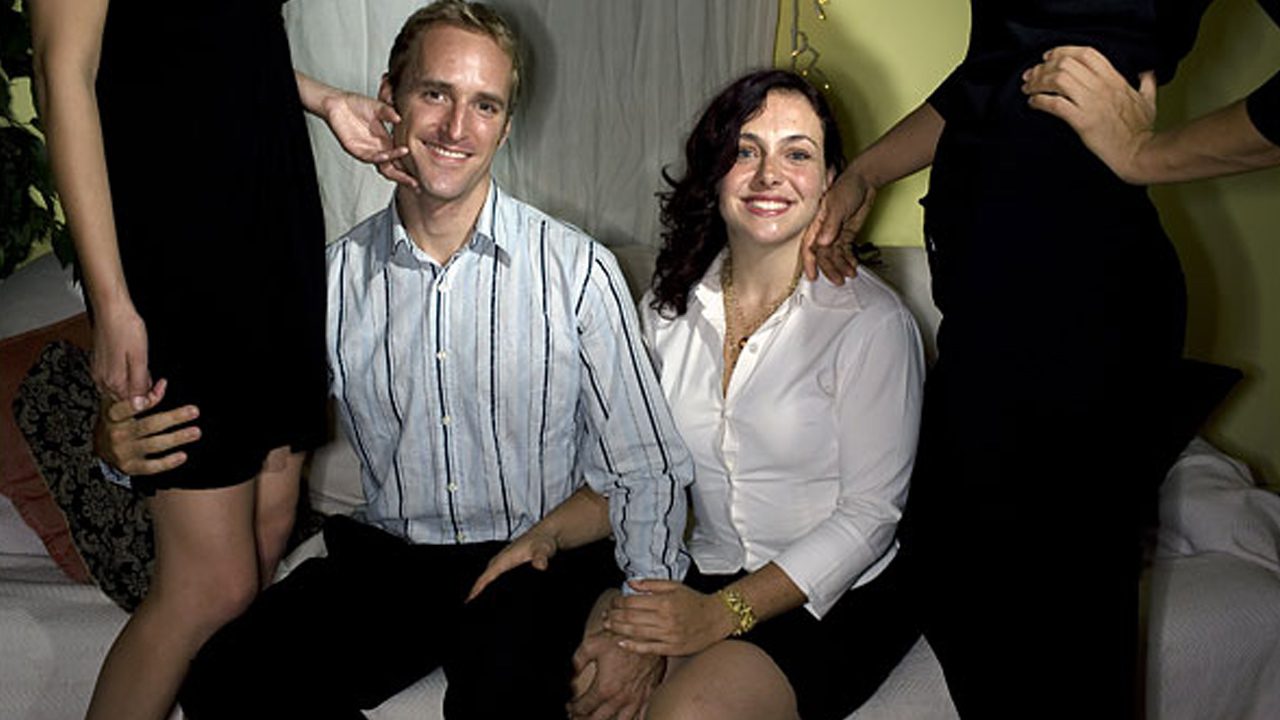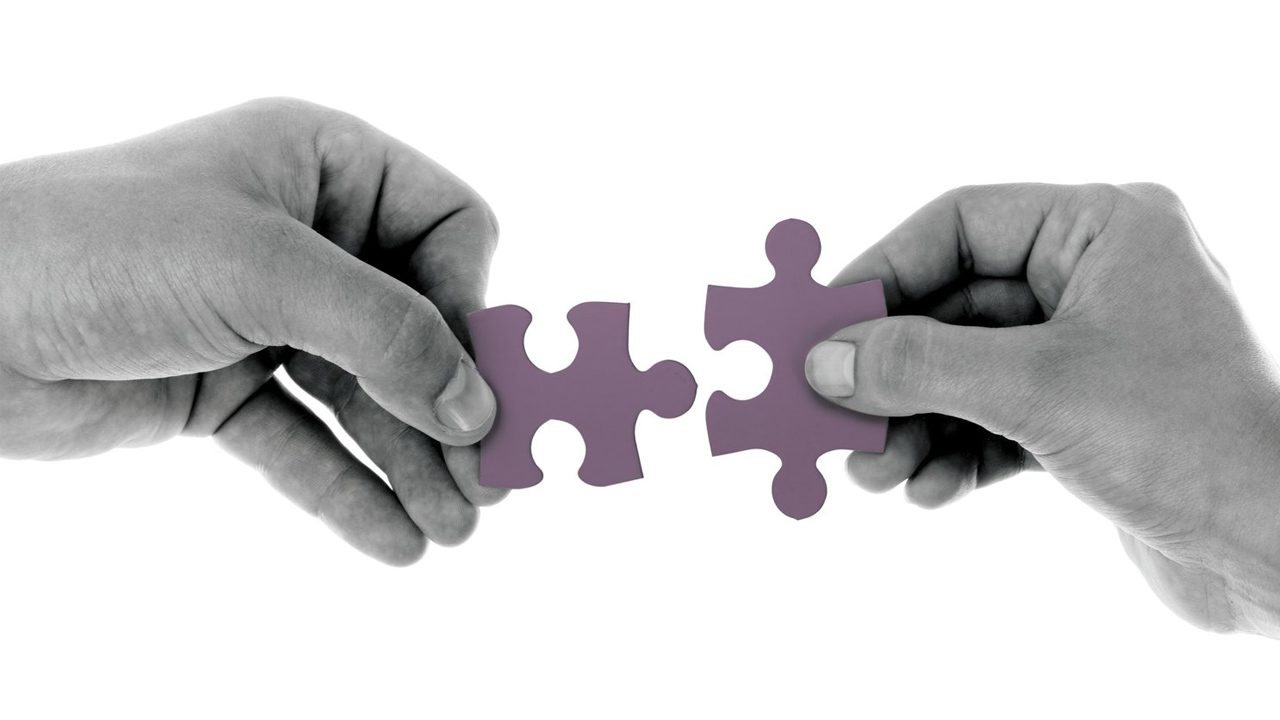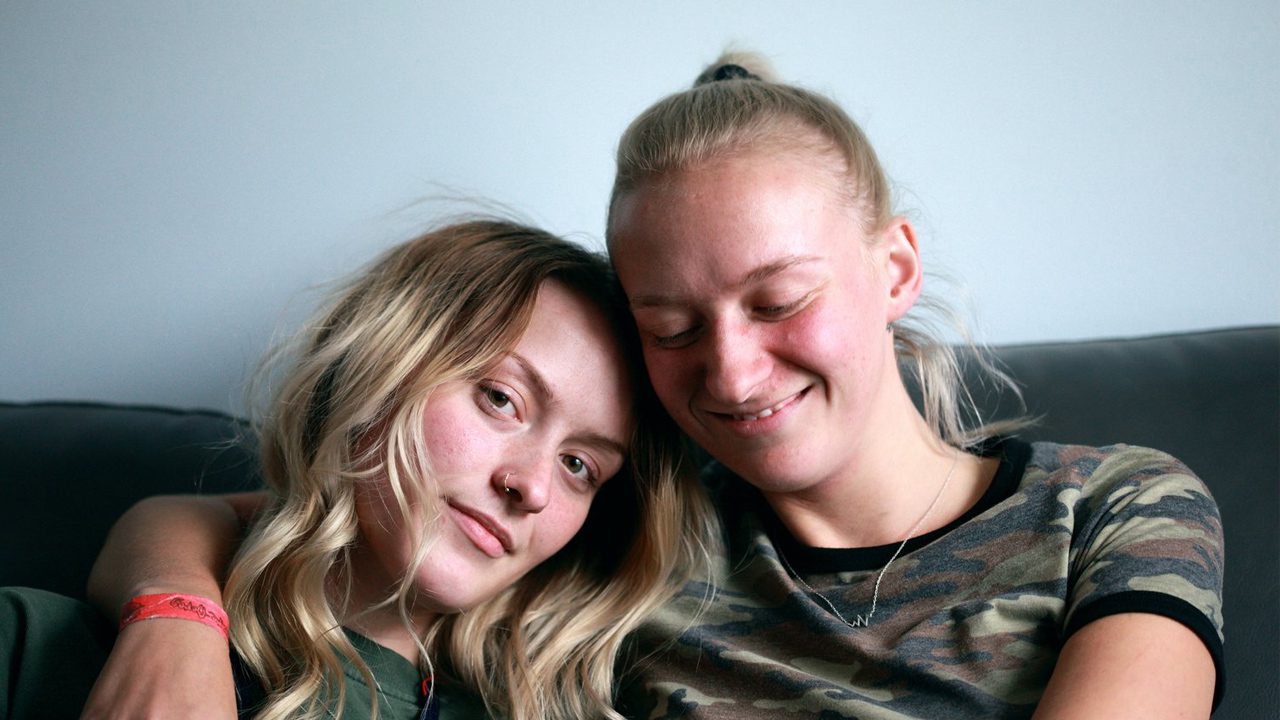Polyamory Counseling
Serving all of Colorado
Are You and Your Partner Wanting to Open up Your Marriage to Create More Novelty and Excitement?
What is Polyamory? What is Non-Monogamy?
Polyamory and Non-Monogamy are Tricky to Navigate
You Can Create a Successful Polyamorous Relationship
Studies show that emotional safety and security are the most important elements in making relationships work. This holds true for all couples, whether they be polyamorous or monogamous, gay or straight, young or old. As your polyamory therapist, we can help you and your partner build this foundation of safety and security.
If either partner is feeling threatened by any aspect of the polyamorous arrangement, it is critical that the threat be taken off the table, so that both people can relax. When couples have this foundation in place, it opens the possibility for them to explore new horizons of experience, including sex or intimate relationships with others.
The term ethical non-monogamy has been used to describe a non-monogamous relationship that is based on principles of honesty, open communication and respect. The couples counseling that I provide for non-monogamous and polyamorous couples is in line with this trend.
Here are some of the tasks that we will be doing in therapy to help you and your partner create emotional safety and security:
Putting your primary relationship first: Studies show that nobody does well in relationship when they do not feel that they come first in the eyes of their partner. Relationship counseling shows you how to avoid causing hurt and resentment by making each other the number on priority. This means learning to protect your primary relationship from any destructive influences, including encounters or relationships with other people.
Dealing directly with any problems the two of you have: Couples get into trouble when they use polyamory or open relationships as a way of not addressing underlying difficulties in their primary relationship. Doing so only creates more insecurity, further damaging the relationship. In session, you learn to turn toward each other when you are having problems.
Whether those problems relate to a lack of emotional intimacy, attention or sex, you discover effective strategies to discuss these concerns with each other, thereby protecting and prioritizing your relationship.
- Who are the primary partners in the relationship? Whose needs come first?
- What kind of relationships and/or sexual interactions are we okay with?
- What is our plan for having safer sex?
- How much do we share with each other about our other relationships?
- How do we handle finances, children and practical commitments?
Finding solutions that work for both partners: Couples can succeed at polyamory when they understand the way their partner works and what they need in order to be their best. Relationship therapy gives you a deep understanding of you and your partner’s attachment styles — your unique relationship blueprints. Having this knowledge will teach you how to fuel their self-esteem, relieve their distress and foster their well-being.





